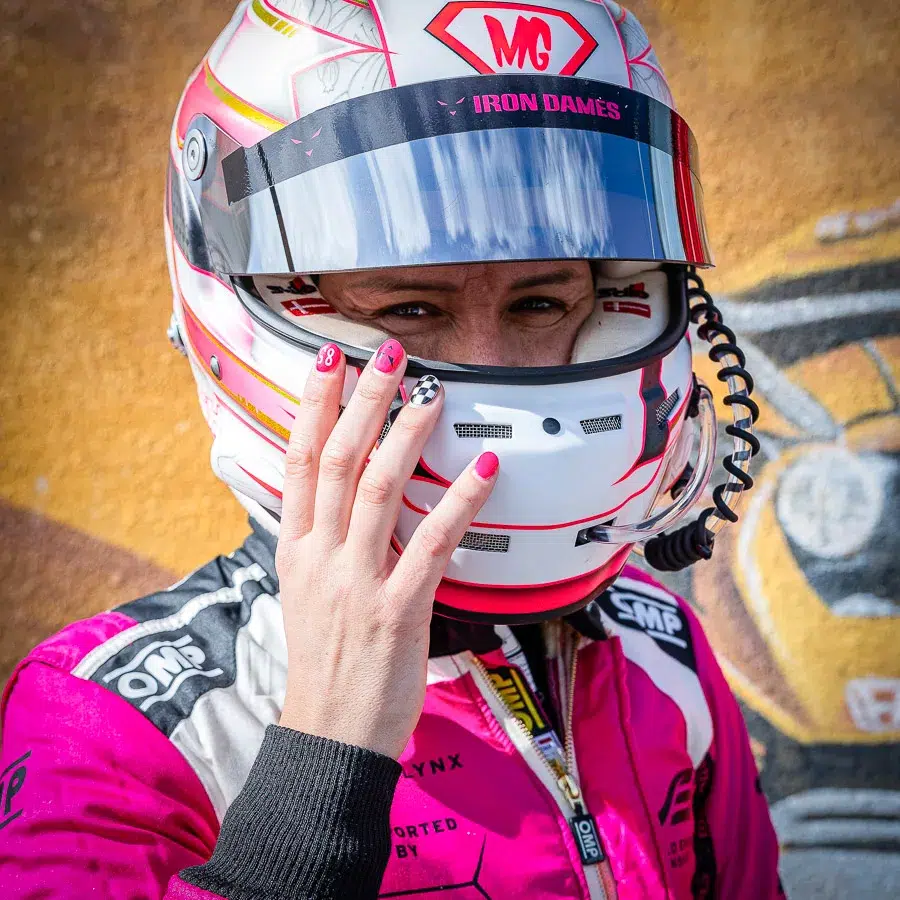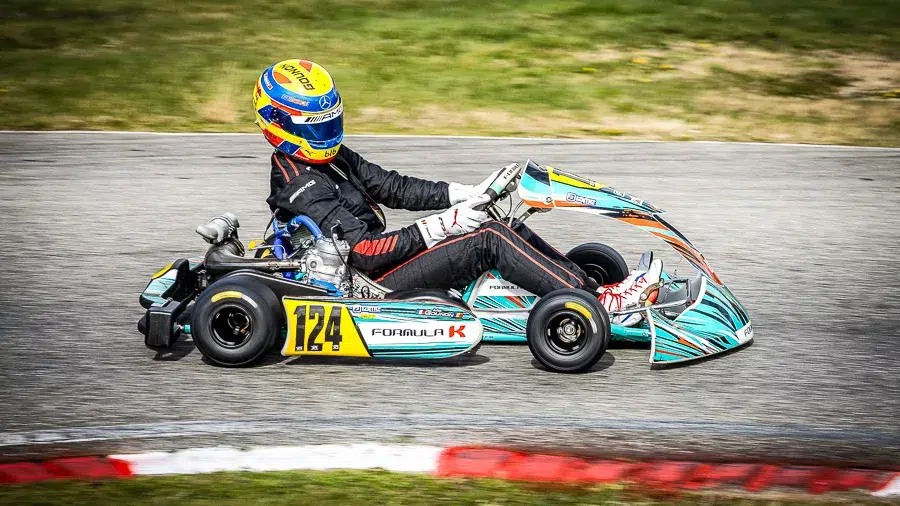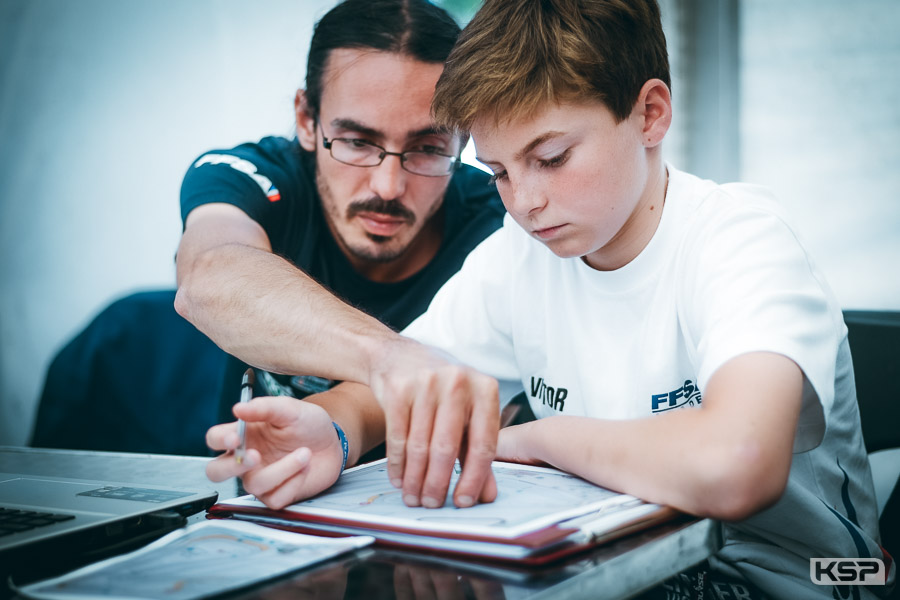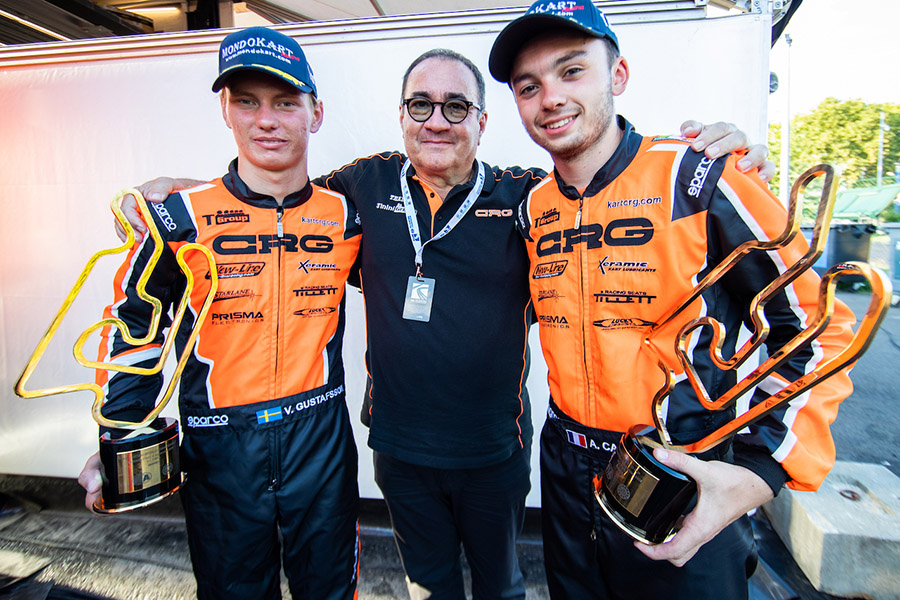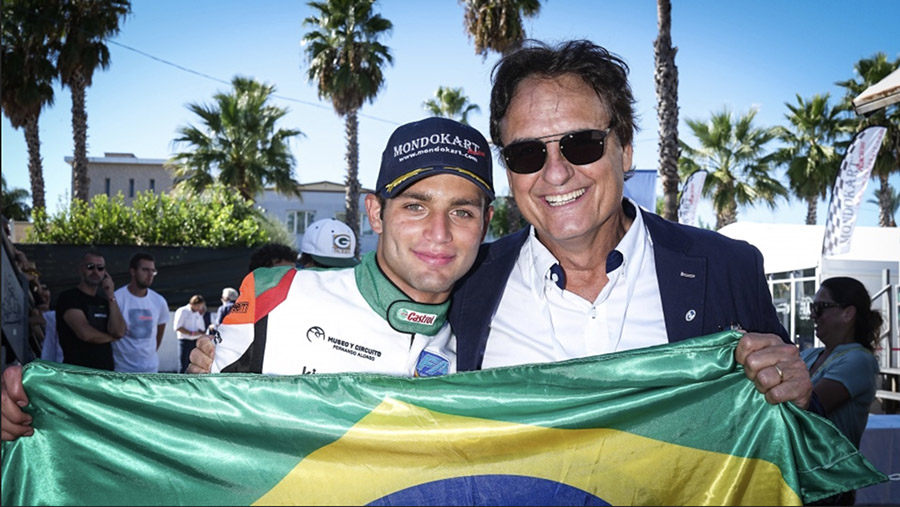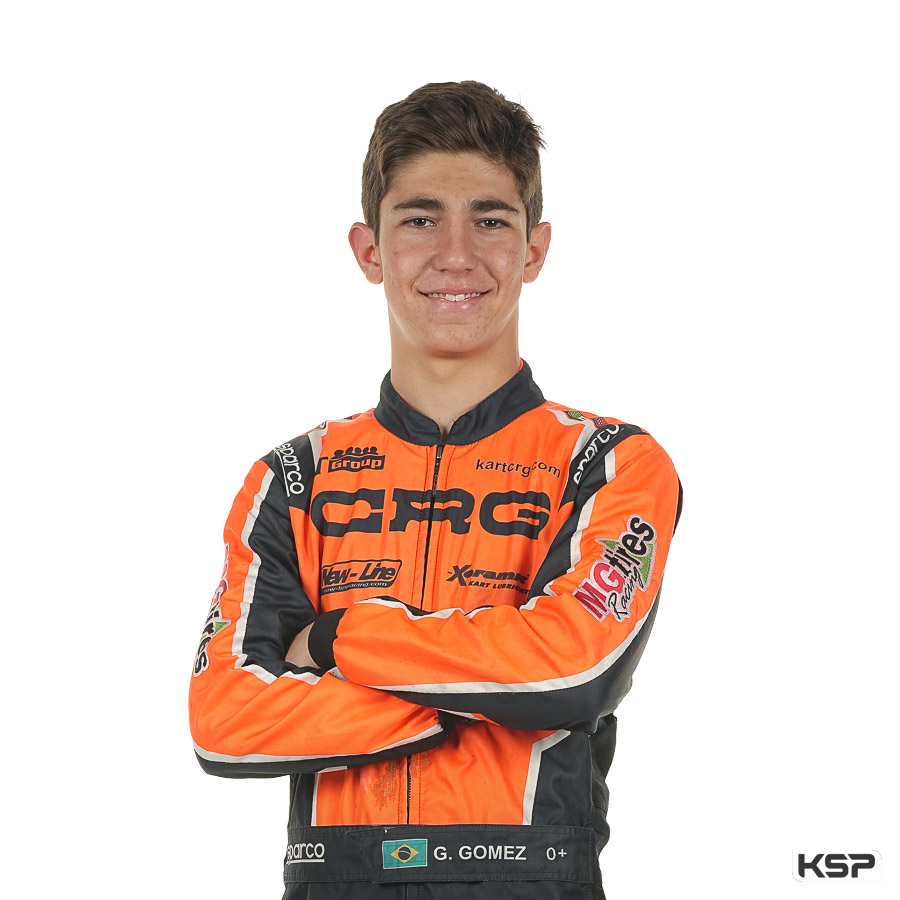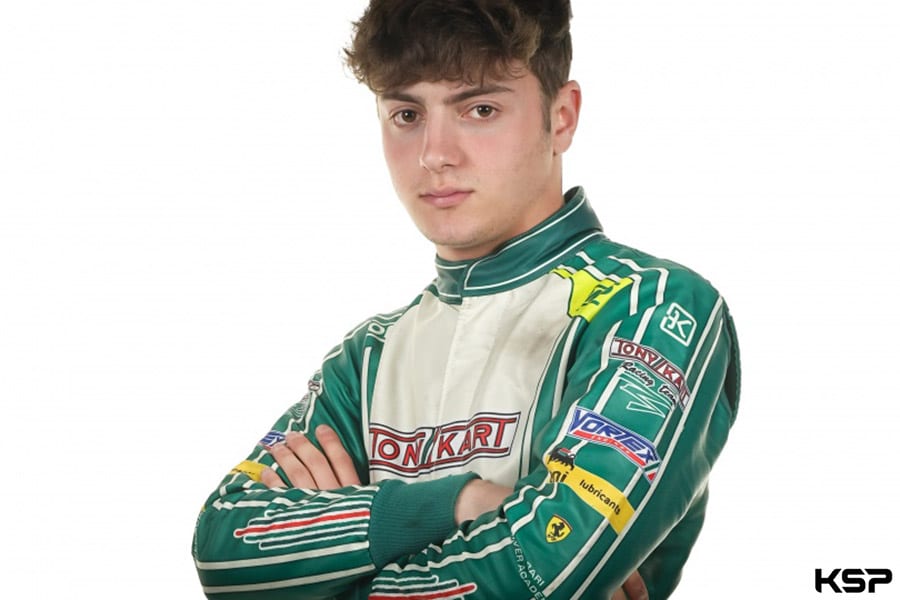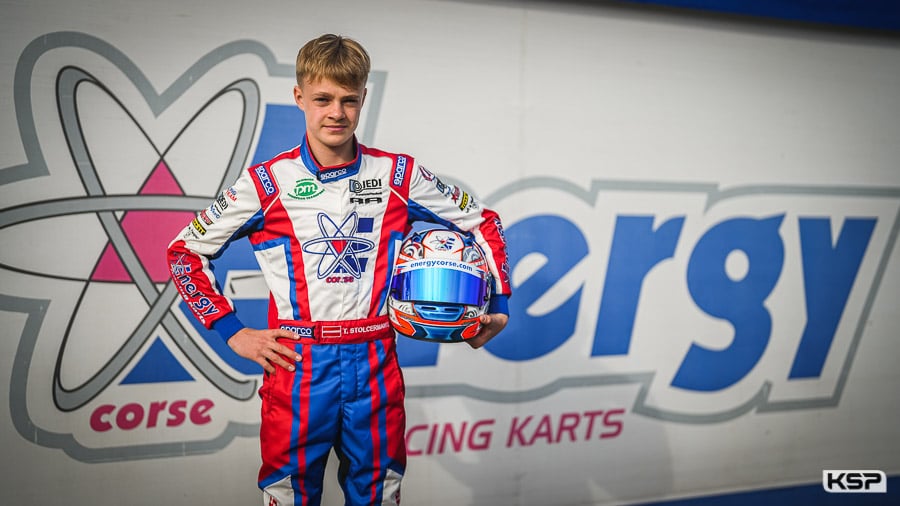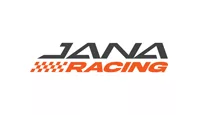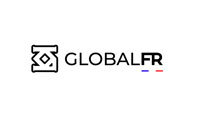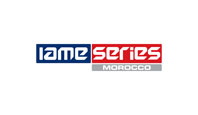Interview with Karl Janda – CIK-FIA Technical Delegate
Karl Janda is an engine enthusiast who has trained both in general automotive and pure kart racing engineering. He has held the position of CIK-FIA Technical Delegate since 2017. Like everyone else since the beginning of the health crisis, he has had to adapt to new constraints within the borders of his country, Germany, while […]
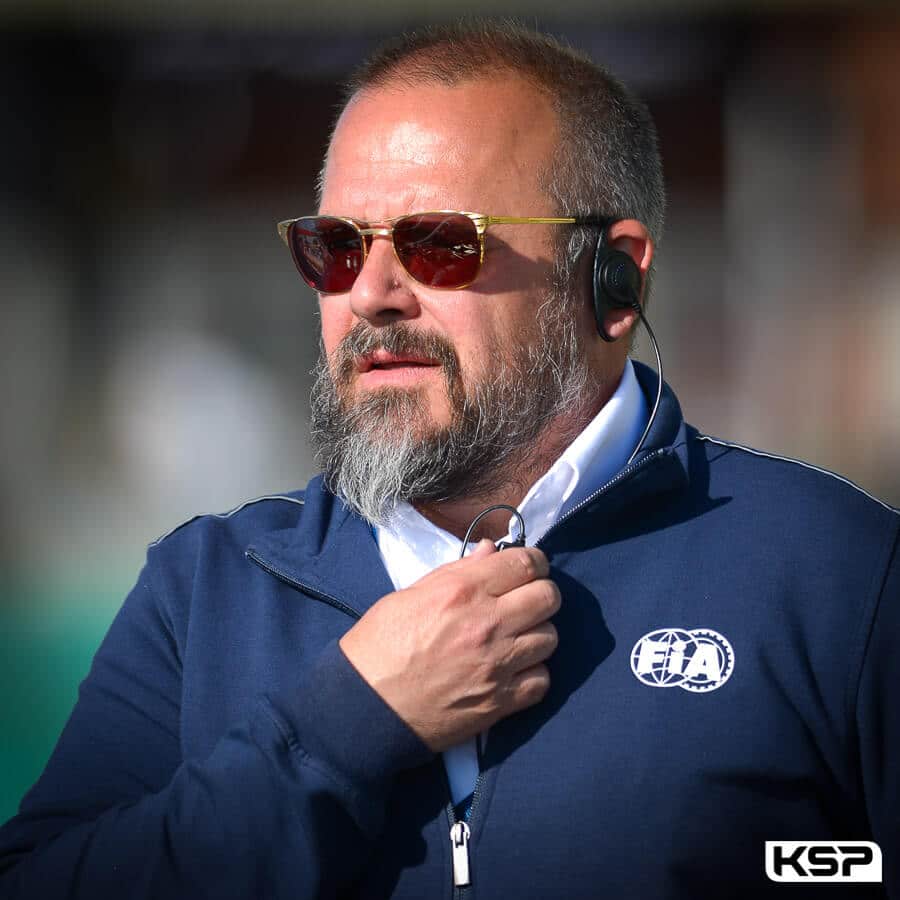
 Karl Janda is an engine enthusiast who has trained both in general automotive and pure kart racing engineering. He has held the position of CIK-FIA Technical Delegate since 2017. Like everyone else since the beginning of the health crisis, he has had to adapt to new constraints within the borders of his country, Germany, while remaining as active as possible. He takes a personal look at the situation from his position within the FIA as the recovery begins to take shape at the beginning of June 2020.
Karl Janda is an engine enthusiast who has trained both in general automotive and pure kart racing engineering. He has held the position of CIK-FIA Technical Delegate since 2017. Like everyone else since the beginning of the health crisis, he has had to adapt to new constraints within the borders of his country, Germany, while remaining as active as possible. He takes a personal look at the situation from his position within the FIA as the recovery begins to take shape at the beginning of June 2020.
Karl, can you tell us about life in Germany in recent months?
It has certainly not been an easy time. In most German industrial companies, activity has continued under the new health regulations, which has sometimes made work complicated. Although it was probably better than being stuck at home for weeks, the situation is still difficult for many people.
Over the past two weeks, many areas have reopened, so general vigilance has decreased. However, I do not believe that the risk of infection has completely disappeared in one fell swoop. It seems to me that we must continue to be careful and behave responsibly. The authorities’ decisions are dictated by various contingencies and it must be recognised that their task is not easy in an unknown situation like this. I dare believe that lockdown was the right thing to do. Nevertheless, everyone retains the ability to think for themselves and to contribute to the reduction of the disease through their actions.
How was your mission to the CIK-FIA carried out under these conditions?
I was able to work at a distance by taking part in meetings of the Technical Working Group over the internet by video. Admittedly, the discussions are sometimes less stimulating than during real meetings because not every element of face-to-face meetings is possible. But overall we have been able to make good progress, particularly with regard to postponing the next homologation of chassis, bodywork and brakes to 2021. I don’t see how we could have done otherwise. No manufacturer had requested this postponement, but everyone appreciated that we took this decision. The issue has been raised with regard to other future homologations. We have to think about what this means in terms of the regulations that are in place based on current contingencies.
What concrete problems have you faced?
It was impossible, and is still impossible today, to carry out the planned tests of the equipment. Manufacturers were not able to make the necessary parts available because of factory shutdowns and travel restrictions. For our part, we could not get together to carry out tests at the FIA’s logistics and technical centre in Valleiry (France) or elsewhere, and our technical partners such as the measurement laboratory in Italy were not operational.
So we were quite a bit behind schedule. About six months will be lost in the end. Fortunately, the CIK-FIA had not launched any major technical reforms. Since the OK and Junior engines came on the scene, the technical regulations for karting have entered a phase of stability which is essential for the development of all categories. I think that we will be able to catch up with our schedule without too many difficulties by making the necessary efforts. I am convinced that the consequences of this inactivity will not be too heavy as far as our specific field is concerned.
How do you see the upcoming resumption of racing?
We are as impatient as the drivers are to get back on the track. This is the goal of our work and we miss it. Travel between the different European states is not yet harmonised, but I think it will take a few weeks and the return of the trips will coincide with the start of summer. As I said, the functioning of the CIK-FIA is not directly affected by the current difficulties and my concerns are towards the future of the companies and karting professionals. To end on a positive note, I imagine that the engine tuners were able to take advantage of this period to work in the workshop like never before, despite their loss of earnings. They are not used to having so much time to sharpen their engines and we might see some interesting things when the racing programme resumes.
FIA Karting Interview / Photo © KSP

